In Stock
Buy Pink Headed Fruit Dove Online
$1,044.99
The Pink-Headed Fruit Dove, (Ptilinopus porphyreus) also known as the Pink-Necked Fruit Dove or the Temminck’s Fruit Pigeon, is a small colorful dove and graceful companion pet bird. If you are looking to buy a pet dove with a gentle coo and stunning colors, this is a good choice. The male has a bright pink-purplish head and throat, bordered below with a white band outlined in greenish black, with some green, grey and yellow across the rest of the body. Females are similar but much duller in color. With care this bird’s lifespan is about 10 years and is recommended for an experienced avian enthusiast.
Geography: It is a resident bird of Indonesia and found in the mountain forests of Sumatra, Java and Bali.
Size: 11 -11.5 inches in length
Song / Call: Click to listen
Sexing: Visually able to tell genders.
Temperament: Requires a fruit diet and a spacious aviary required to keep these birds in fine feather. The Pink-headed Fruit Dove is an aviary bird, rather than a house pet, but some people have trained their birds to fly to the hand for food. Be patient, and don’t force yourself on these beautiful birds.
Breeding: The male builds a flimsy nest in the tree. The pink-headed fruit dove lays 1-2 white eggs that are incubated by both parents for approximately 20 days. Both parents partake in feeding the chicks. The chicks fledge about 20 days after hatching. They are easily discouraged if you interfere with a nesting project, so resist the urge to check on the nest, even though it will seem ridiculously flimsy in construction.
Diet: The Pink-headed Fruit Dove is a fruit-eating species, and a breeder who has experience with soft bills will find it easier to feed this bird than someone who comes from a background of breeding seed-eating exotic doves. The basic diet is heavily based on chopped fruit, with some cooked brown rice, soaked raisin, and a small percentage of a high quality Dove Seed or pellets. An over-reliance on seed or pellets may be harmful to this frugivore. Focus on providing good quality fruit and lots of it.

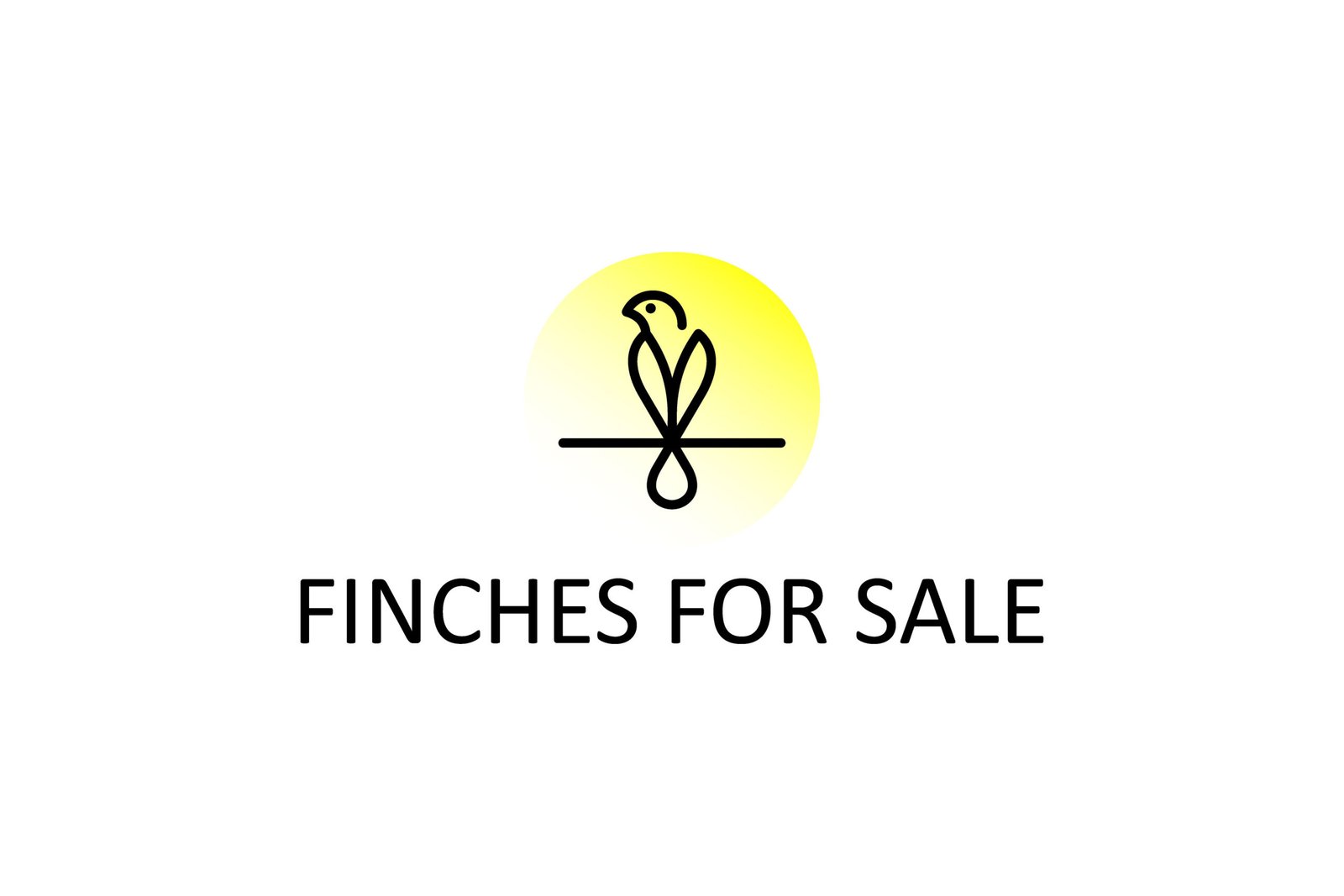
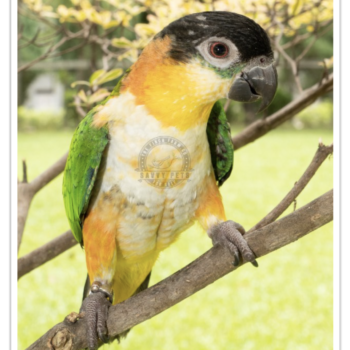


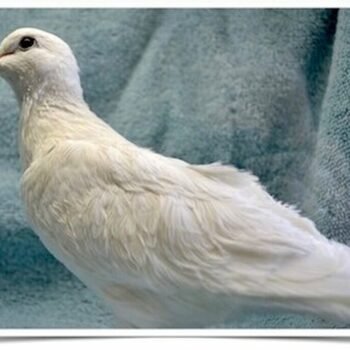
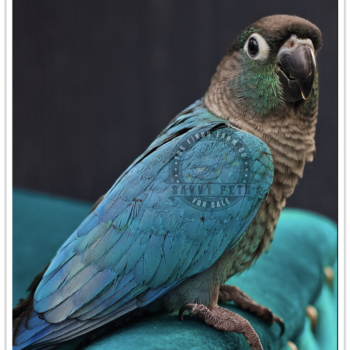






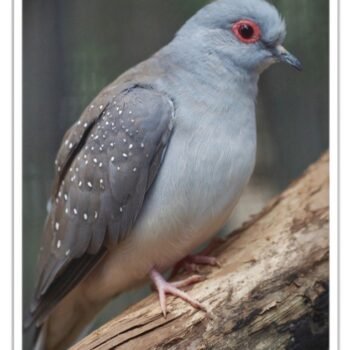
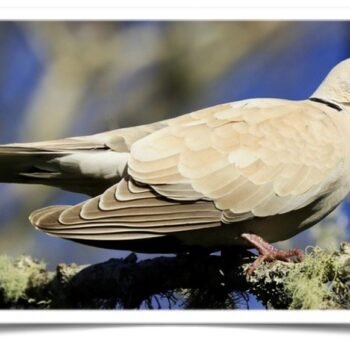
Reviews
There are no reviews yet.